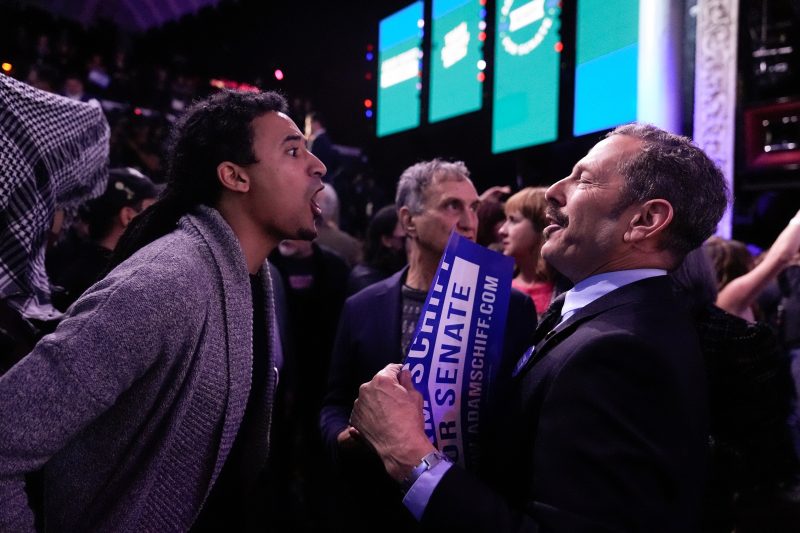In recent weeks, the Biden administration and other Democratic officials have found themselves facing a growing wave of pro-Palestinian protests, forcing them to navigate a complex and politically charged issue. The demonstrations, which have taken place in several major cities across the United States, have highlighted the ongoing conflict in the Middle East and the deeply entrenched divisions surrounding the Israeli-Palestinian relationship.
Critics argue that the Biden administration has struggled to strike a balance between supporting Israel, a key US ally, and addressing the legitimate concerns of Palestinian protesters. The recent violence in Gaza, which resulted in significant civilian casualties, has further intensified pressure on the administration to respond decisively.
One of the key challenges facing the Biden administration is the increasingly vocal pro-Palestinian sentiment within the Democratic Party itself. Progressive lawmakers, such as Rep. Ilhan Omar and Rep. Rashida Tlaib, have been outspoken in their support for Palestinian rights and have called for a more even-handed approach to the conflict. This has created a delicate balancing act for the Biden administration, as it seeks to maintain its traditional support for Israel while also responding to the growing demands for a more equitable solution.
The Biden administration’s response to the protests has been cautious and measured. President Biden has expressed support for Israel’s right to defend itself against rocket attacks but has also called for a ceasefire and expressed concern over the impact of the violence on civilians. Secretary of State Antony Blinken has engaged in diplomatic efforts to de-escalate the situation and has called for a two-state solution to the conflict.
Despite these efforts, the protests show no signs of abating, and the pressure on the Biden administration continues to mount. The administration’s response to the protests will undoubtedly shape its approach to the Israeli-Palestinian conflict in the coming months and could have far-reaching implications for US foreign policy in the region.
In conclusion, the pro-Palestinian protests have presented a significant challenge for the Biden administration and other Democratic officials, forcing them to carefully navigate a deeply divisive issue. The demonstrations have highlighted the complex nature of the Israeli-Palestinian conflict and the need for a more inclusive and equitable approach to resolving it. Moving forward, the Biden administration will need to tread carefully to address the concerns of both sides while upholding US interests and values in the region.


























